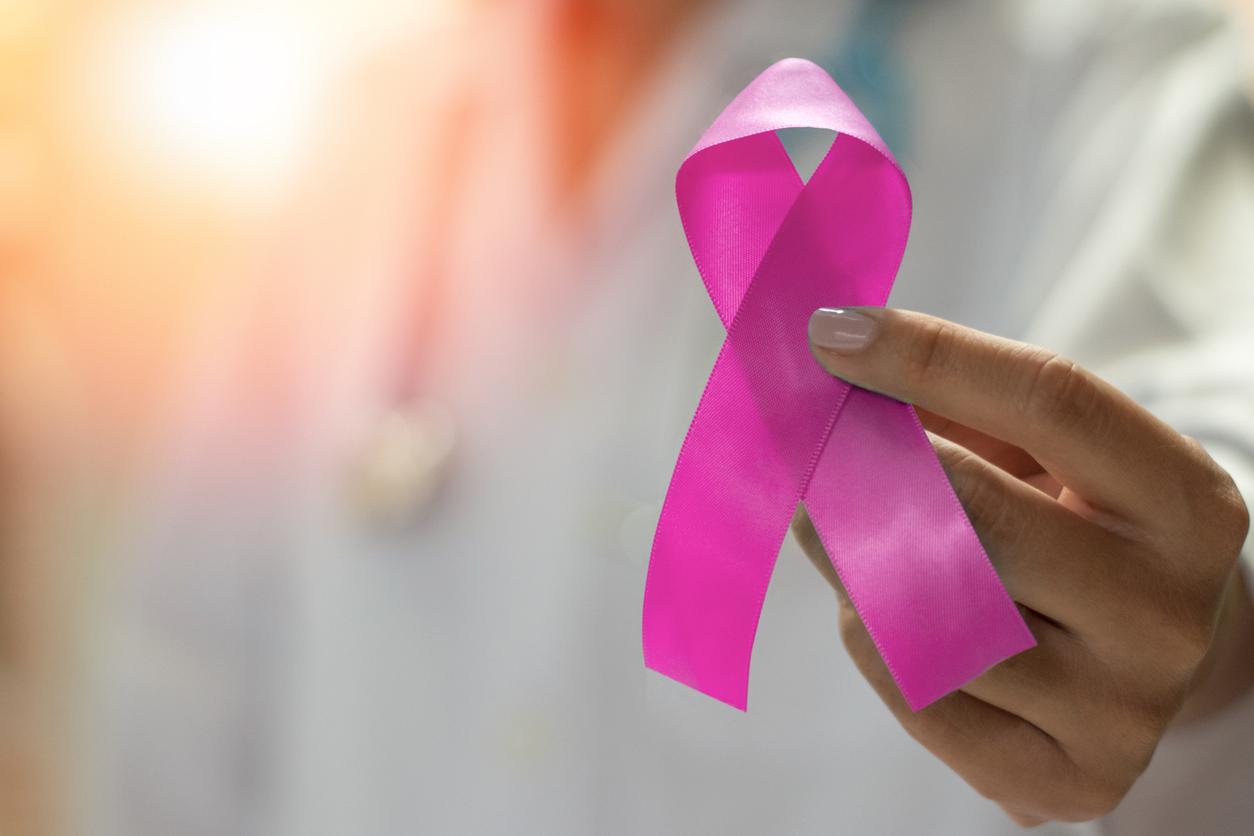When fighting breast cancer, seeking moral, physical and cultural support is essential. New brochures distributed in pharmacies give keys to get there.

- The Pink Notices have been available since October 1 in many pharmacies, oncology centers and patient associations.
- Breast cancer remains the most common among women: each year, nearly 59,000 of them learn that they have developed the disease and more than 12,100 die of it.
On the occasion of Pink October, associations, oncologists and the Lilly France laboratory are reinventing drug leaflets to remind us of the importance of supportive care and physical, social and moral support in the daily lives of women with breast cancer. Baptized “Les Notices Roses”, they are distributed in pharmacies.
Contacts, readings, recipes, exercises…
These documents bring together information and advice that can be applied on a daily basis to support all patients and their loved ones at each stage of their care journey. You can also find reading recommendations, contacts of associations and other patients, numbers and useful links to the help available. QR codes, present on the leaflets, also redirect to online content such as recipes or physical exercises adapted to breast cancer.
“Oncology today is finally as much interested in the diseased organ as in the person carrying the disease”, explains Doctor Stephen Ellis, radiotherapist medical oncologist at the Saint-Pierre clinic in Perpignan and president of the Institute of Communication and Information on Cancer. “For too long forgotten in favor of the pure therapeutic approach, the patient and all the psychic, social and cultural parameters that constitute him were unfortunately left behind in the management of cancer. The Pink Notices make it possible to highlight this additional support”, adds the specialist.
A survival rate of more than 90%
Breast cancers at an early stage of development at the time of diagnosis have a survival rate of more than 90%. Set up by the health authorities in 2004, screening is recommended every 2 years for women aged 50 to 74 with no risk factors other than age. Before the age of fifty, the National Cancer Institute reminds us that an annual breast examination (palpation) is indicated from the age of 25.

.

















